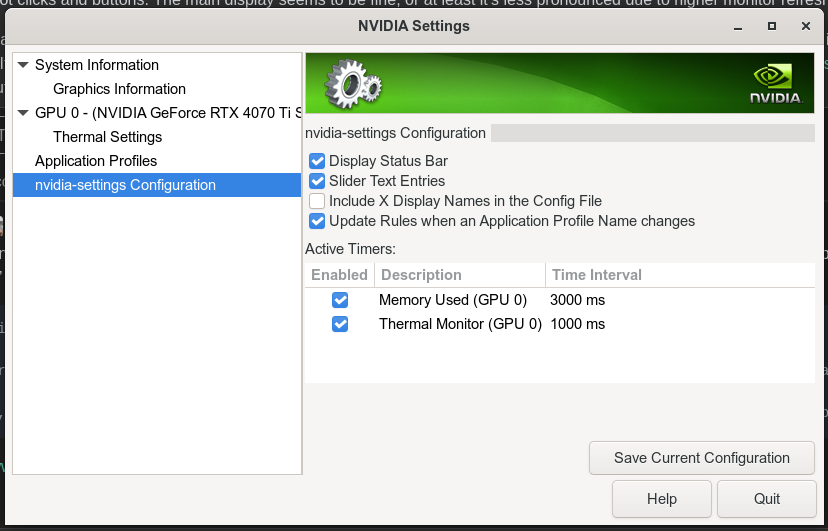Short explanation of the title: imagine you have a legacy mudball codebase in which most service methods are usually querying the database (through EF), modifying some data and then saving it in at the end of the method.
This code is hard to debug, impossible to write unit tests for and generally performs badly because developers often make unoptimized or redundant db hits in these methods.
What I've started doing is to often make all the data loads before the method call, put it in a generic cache class (it's mostly dictionaries internally), and then use that as a parameter or a member variable for the method - everything in the method then gets or saves the data to that cache, its not allowed to do db hits on its own anymore.
I can now also unit test this code as long as I manually fill the cache with test data beforehand. I just need to make sure that i actually preload everything in advance (which is not always possible) so I have it ready when I need it in the method.
Is this good practice? Is there a name for it, whether it's a pattern or an anti-pattern? I'm tempted to say that this is just a janky repository pattern but it seems different since it's more about how you time and cache data loads for that method individually, rather than overall implementation of data access across the app.
In either case, I'd like to learn either how to improve it, or how to replace it.

I'm hooked all over again, can't wait to get to new content